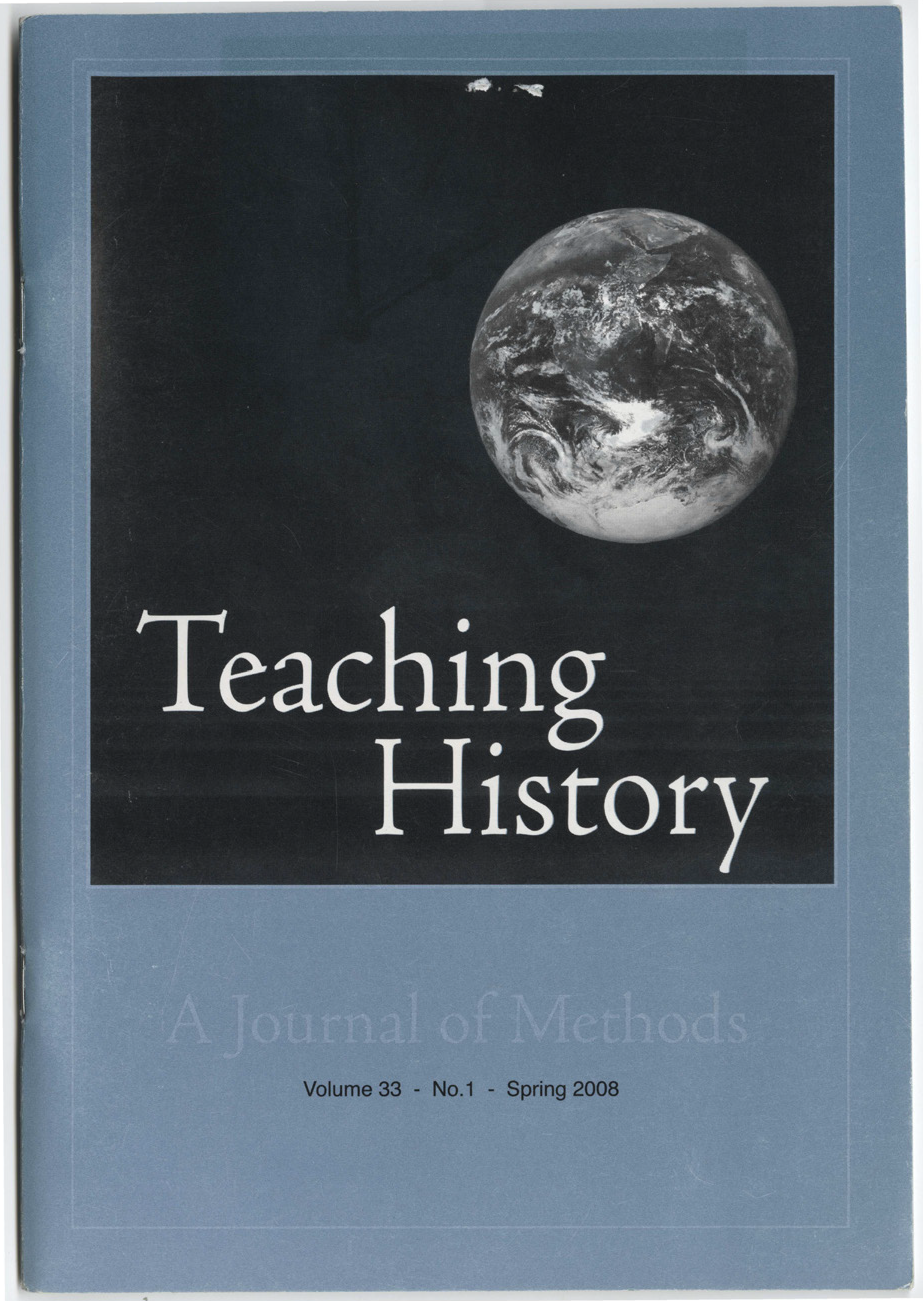Historiography As Pedagogy
Thoughts About The Messy Past And Why We Shouldn't Clean It Up
DOI:
https://doi.org/10.33043/TH.33.1.3-11Abstract
Historiography is vital to our teaching about the past and to our understanding of the present, though you would not always know as much from the practices of K-16 history educators.1 When I began my first full-time position as a college history teacher, in Wooster, Ohio, in the fall of 1990, a well-meaning colleague gave me some advice: "A void historiography like the plague," he said, adding that students just did not care about the changing views and perspectives of historians over time. Rather than avoiding historiography "like the plague," though, I have ended up making it the foundation of my teaching over the years. I teach a graduate course dedicated solely to the historiography of the American West. But beyond that specialized class offering, historiographical contexts serve as a backdrop for all of my courses, graduate and undergraduate, including the second half of the introductory U.S. survey.2 If you want students to understand the dynamism and the relevance of the past, then you have to let them know that the past is and always has been the subject of debate, not just for politicians and historians, but for all people who want to understand their world.
Downloads
Downloads
Published
How to Cite
Issue
Section
License
Copyright (c) 2008 David Wrobel

This work is licensed under a Creative Commons Attribution-NonCommercial-NoDerivatives 4.0 International License.
By submitting to Teaching History, the author(s) agree to the terms of the Author Agreement. All authors retain copyrights associated with their article or review contributions. Beginning in 2019, all authors agree to make such contributions available under a Creative Commons Attribution-NonCommercial-NoDerivatives 4.0 International license upon publication.



